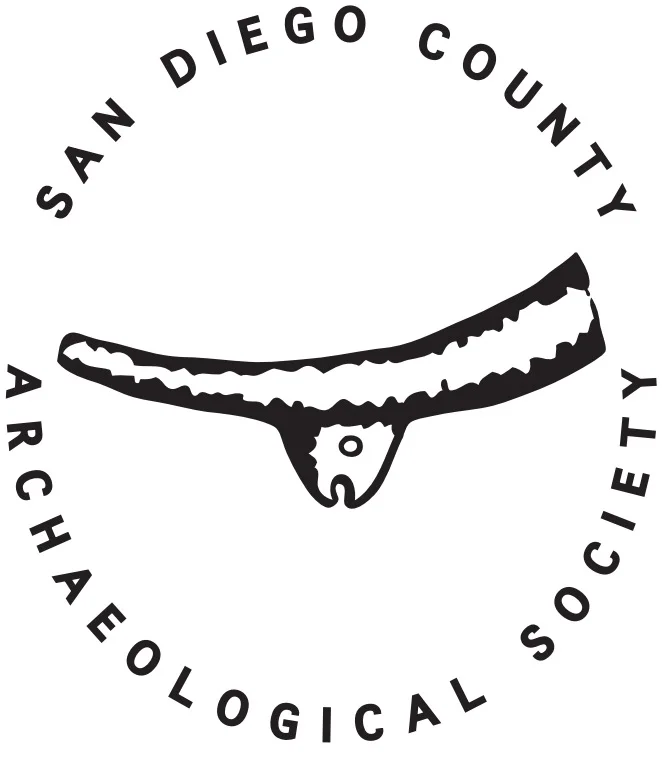Title: Cattle and Colonialism - Using animal bones to study emergent regional ranching cultures in colonial Sonora
Speaker: Nicole Mathwich, Ph.D., Assistant Professor, San Diego State University
In North America, the introduction of livestock as part of the Columbian Exchange had profound social and ecological consequences for cultural environments, yet the landscape impacts of these animals have been difficult to identify, particularly in the first decades of sustained contact. Oftentimes, these narratives minimize the agency and labor of native peoples in favor of Euroamericans. Between 1687 and 1822, at Spanish colonial missions in northern Sonora, Mexico, and southern Arizona, O'odham groups and Spanish missionaries generated land management practices that wove together the needs of domesticated animals and existing Indigenous farming practices. These patterns from Sonora would become the source for livestock and colonists later in Alta California. This talk examines emergent, shared animal husbandry practices across the colonial Pimeria Alta in both the archaeological and historical record. Faunal, isotopic, and historical analyses from several missions provide evidence that cattle herds were used primarily for meat and grease extractive strategies compared to other domesticated species at the site and that indigenous water storage practices were a key part of herd management. These findings provide strong evidence for the adaptation to and depth of animal husbandry practices among Indigenous groups in the Southwest.
Nicole is an assistant professor in Anthropology at San Diego State University. In her teaching and research, she seeks to cross and weave borders together, whether between humans and animals, U.S. and Mexico, or archaeology and history. Nicole explores the connection between economy and ecology in Southwestern U.S. and noroeste of Mexico with a suite of tools, including zooarchaeology, social networks, stable isotopes, oral histories, and historical documents.
